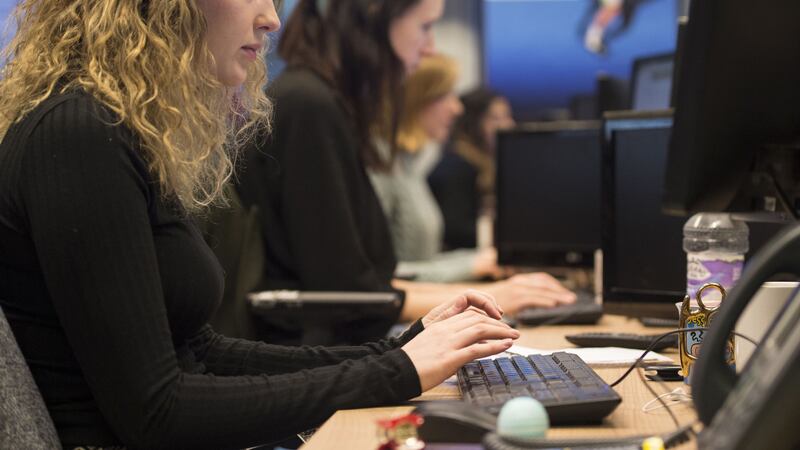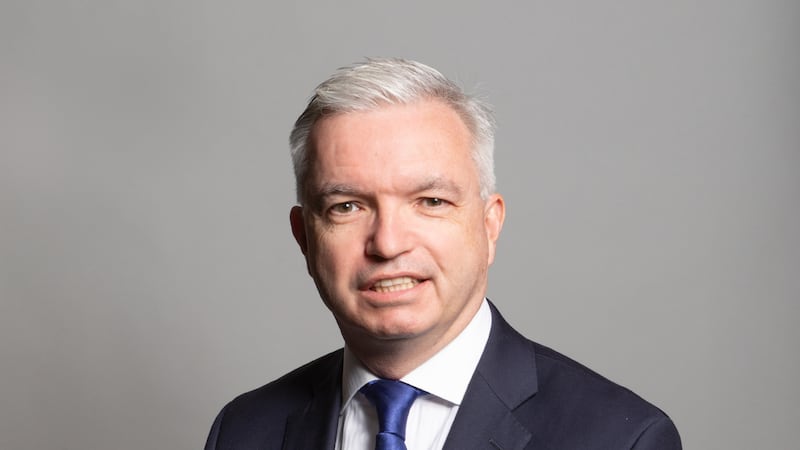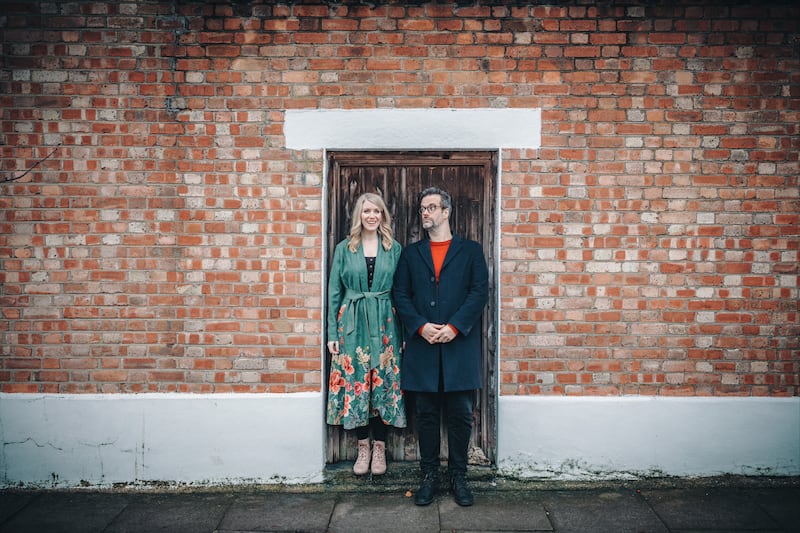An app that helps people self-manage lower back pain is among the winners of a government fund designed to help those with health conditions remain in employment.
The app, which helps sufferers by producing a personalised self-management plan, receives a share of a new £3.9 million Work and Health Challenge Fund, set up by the Department for Work and Pensions and the Department of Health and Social Care towards its aim of getting one million more disabled people in work by 2027.
Mental health and musculoskeletal conditions are some of the most common health conditions in the workplace which the scheme hopes to resolve, providing support to those whose health conditions may have previously held them back or caused them to drop out of employment altogether.
“We want to harness the power of technology to tackle the disability employment gap, and these novel ideas will help us to achieve our goal of seeing one million more disabled people in work,” Sarah Newton, minister for disabled people, health and work, said.
“The Challenge Fund has given experts on the ground the opportunity to come up with ideas on how best to support people to manage their health conditions at work, and the financial backing to take those ideas forward.
“I congratulate those successful in securing funding and look forward to working with them to develop these innovative ideas.”
An app that helps users understand the signs of mental ill health is among the other 18 winners, providing people with access to a vocational rehabilitation trained adviser.

“Individuals can sometimes face occupational disadvantages due to a disability or health condition, and many of these difficulties are unnecessary,” said Dr Nasser Siabi, whose screening tool MiGenius looks at the cognitive aspects of disabilities and how these affect workplace performance.
“With the right adjustments at the right time, disabled people can bring talent, loyalty and productivity to the workplace.
“We are delighted to be granted this funding for the development of this tool which will increase access to the various environmental, technological and interpersonal supports that will make a real difference to disabled people in work.”
As well as helping people seek self-help, the Government hopes the winning ideas will help develop future policy by providing more personalised feedback on the experience of disabled people in work.
“No-one should be held back at work because they are living with mental ill health or a long-term health condition and this fund marks an important milestone in improving people’s quality of life and helping them thrive in the workplace,” Jackie Doyle-Price, minister for mental health and inequalities, said.
“Physical and mental health should have parity in the workplace and today’s announcement takes us one step closer to achieving our ambition for better mental health for all. I look forward to seeing how this fund transforms people’s lives by maximising the benefits technology has to offer.”








